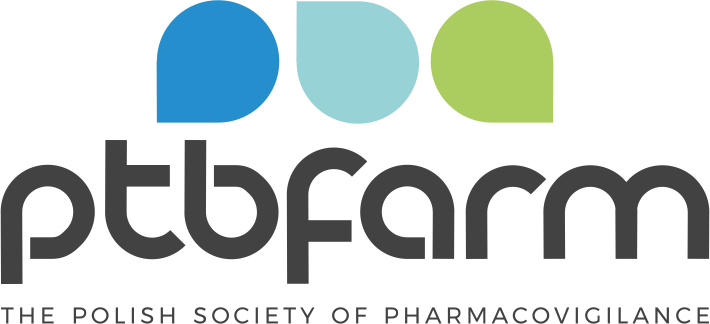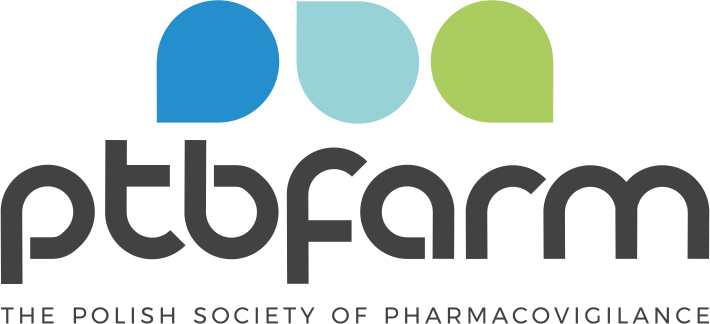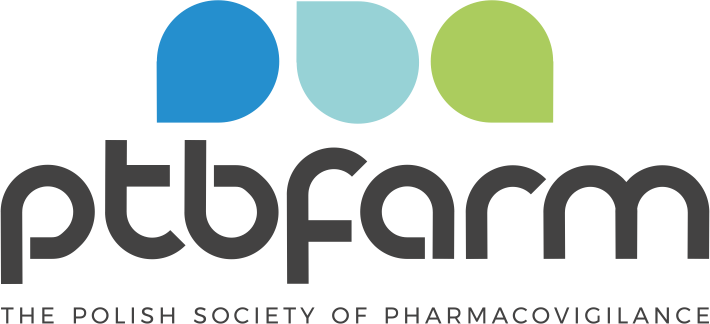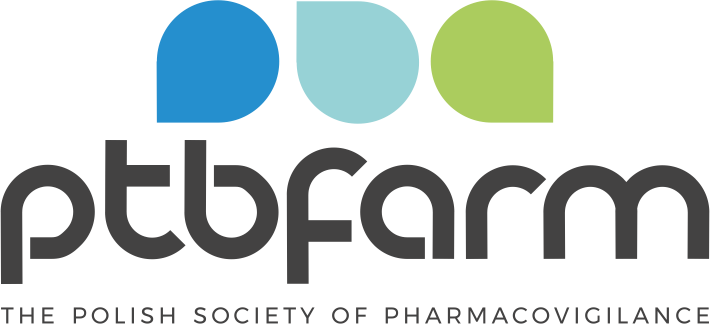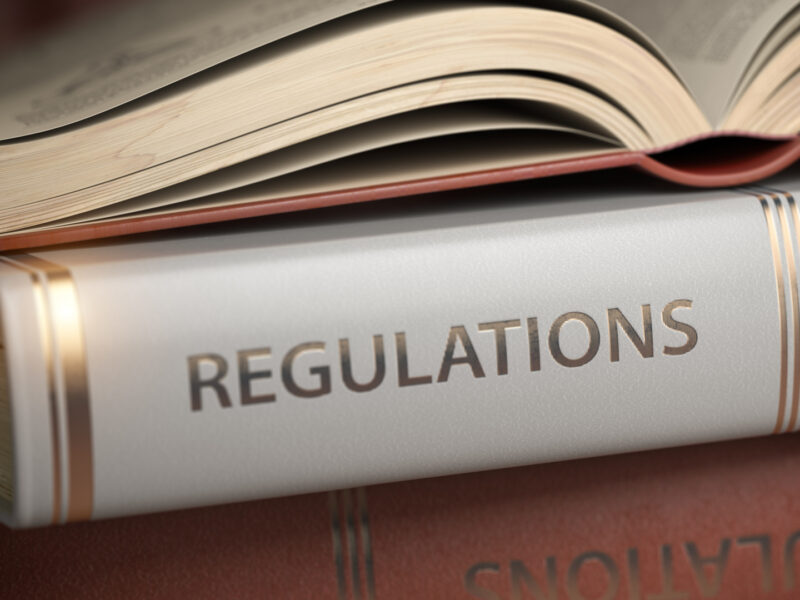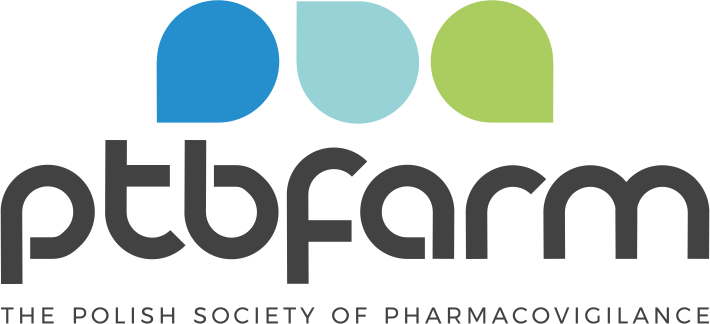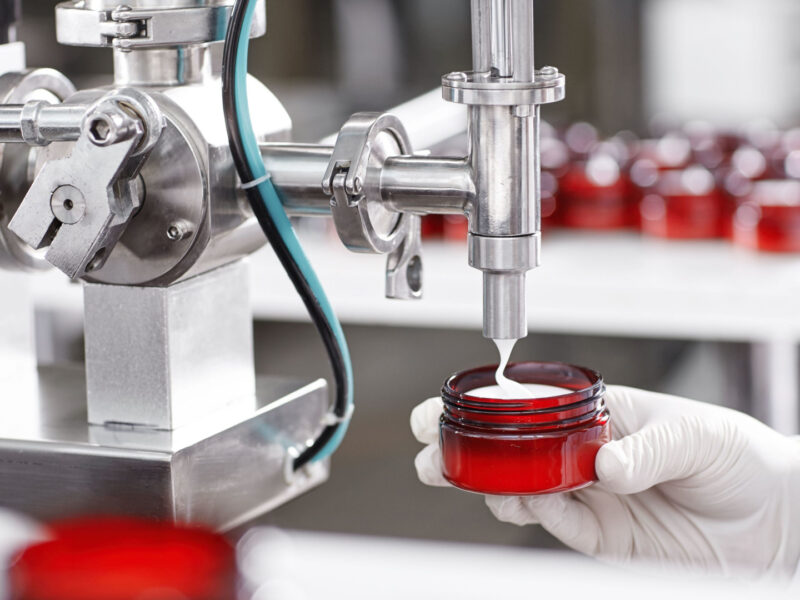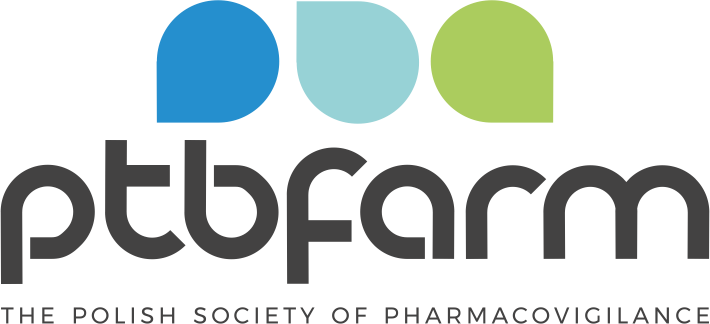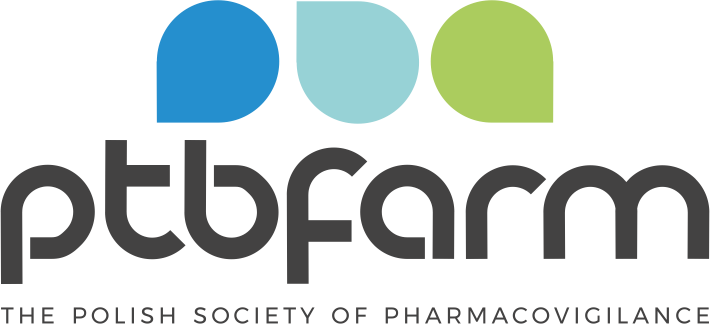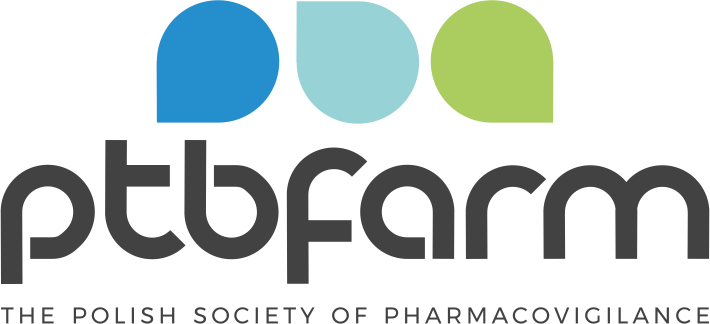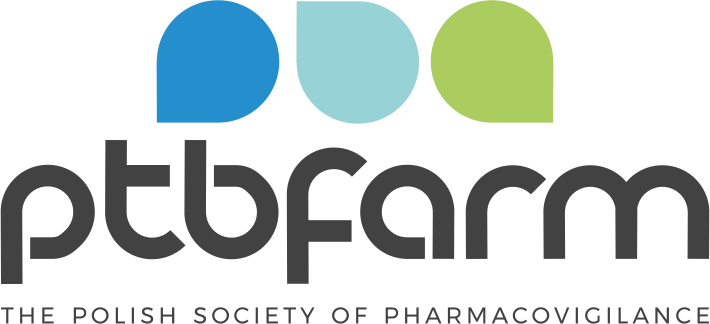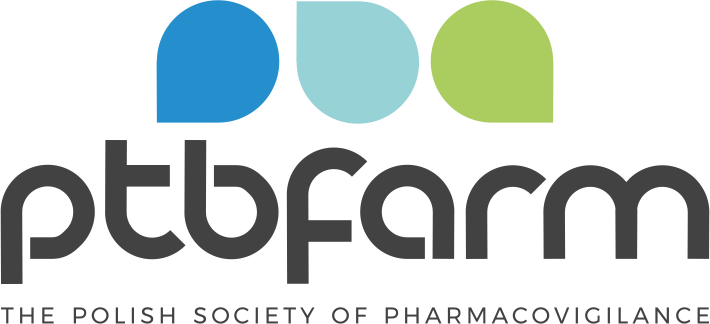MAHs ensure that all safety data regarding a medicinal products are available in timely manner to the MAHs so that they may fulfil their legal obligations. A pharmacovigilance agreement (PVA) is a written agreement between the marketing authorisation holder (MAH) and a third party (to which the MAH has shared or activities regarding or impacting pharmacovigilance), which outlines the responsibilities of each party with regards to pharmacovigilance. Such agreements are prepared with the aim of enabling compliance with the legal requirements by each party involved. Would you like to know more about Pharmacovigilance agreement (PVA) and Service provider agreement (SPA)? If so, please join the course!
After course completion, student:
- Key concepts, principles, methods and tools for Pharmacovigilance Agreements (PVA) and Service Provider Agreements (SPA)
- Key regulations and guidelines for PVA and SPA
- The roles and responsibilities of the various entities involved in the supervision of PVA and SPA
- Basic theoretical knowledge of PVA and SPA
- The purpose and scope of PVA and SPA
- Types of contracts and how to identify differences between them
- How to apply the concepts, principles, methods and tools in practice, when independently preparing and supervising of PVA and SPA
- The process of preparation, maintenance and update of PVA and SPA
- How to decide if a PVA and `SPA with a PV clause is needed
- The PVA and SPA preparation process (format, layout, content, key elements and basic wording)
- The method of tracking LSO obligations within the PVA and SPA held
- The approval process of agreements and their periodic review
- The agreement termination process
- What is associated with the sale of MA licenses in the context of PVA and SPA

